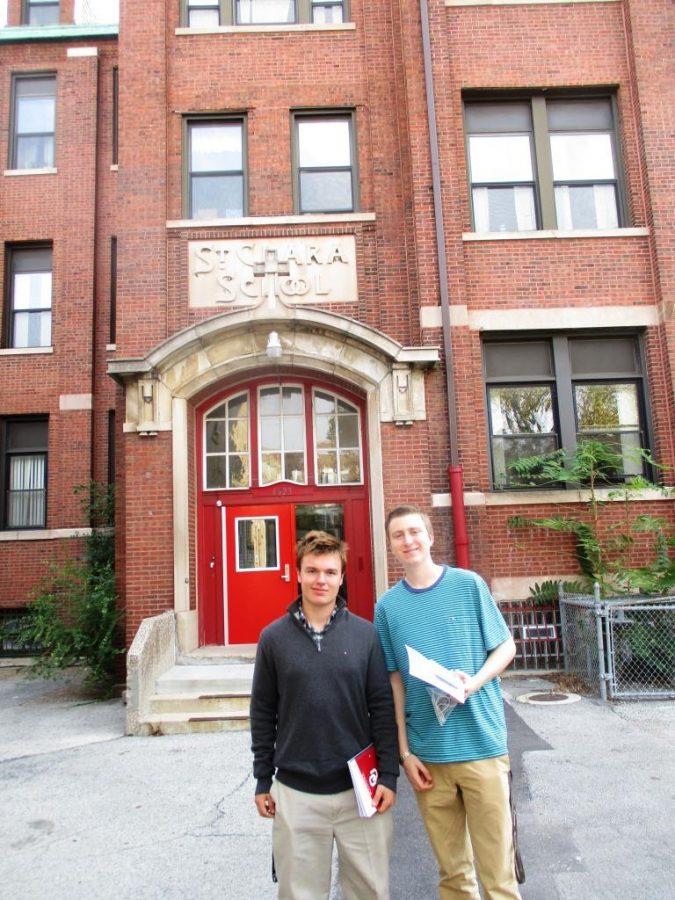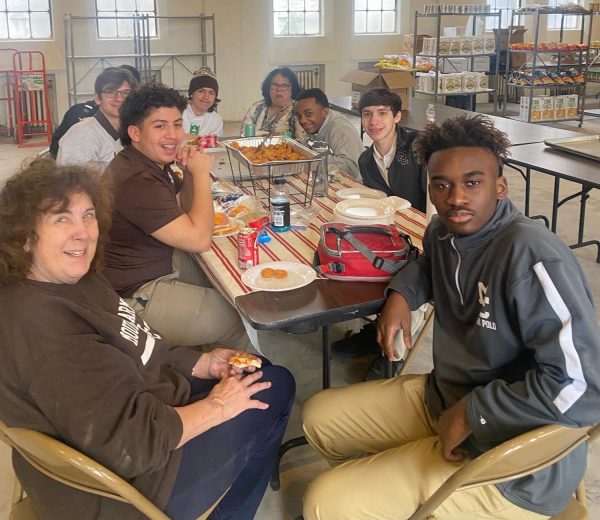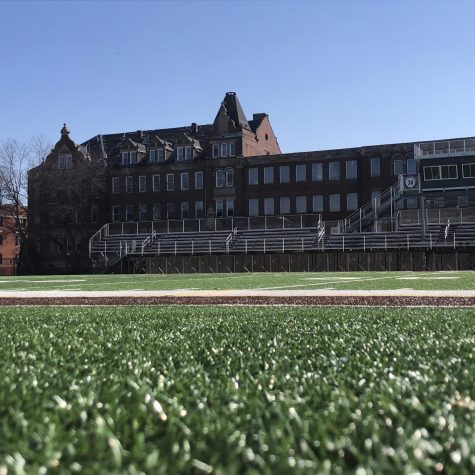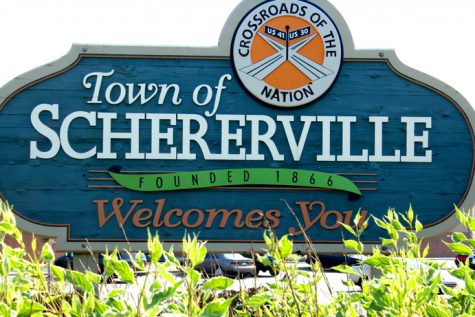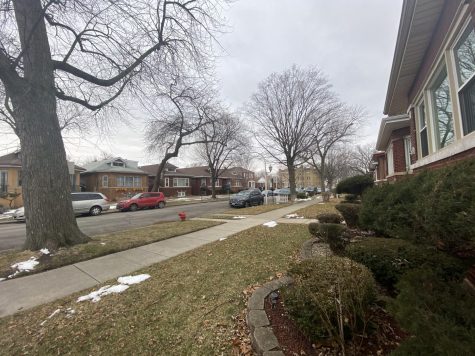House of Hope offers refuge from city streets
Student Editors Conor Langs and Jack Lockard felt privileged to meet some residents of the St. Martin de Porres House of Hope.
After living for over 30 years on the streets of Chicago, using drugs and alcohol to get through each day, and sleeping in CTA bus stops and train stations, Jeannette (not her real name) realized that she had to seek refuge. Her life had become so twisted and mangled that she knew she had to change or she would end up dead.
“Life in the streets (was) pretty horrific.”
She first sought help at Haymarket Center, a facility that offers substance abuse treatment. But the staff there suggested that she would be better served at the St. Martin de Porres House of Hope. Located in Woodlawn just two blocks from Mount Carmel, the House of Hope is dedicated to assisting women seeking to recover from substance abuse.
So it was that Jeannette came to “the red doors” outside St. Martin de Porres and met Sister Therese O’Sullivan. Twenty-four women currently live in the House, but according to Jeannette, “Sister O’Sullivan is like a mom to all of us. She knows all of us by name, she makes it a very safe place.”
Jeannette entered the recovery home and was put right into a multiple step program that includes meditation, anger management classes, prayer, and group therapy with a focus on “Harmony, Hope, and Healing.” That programmatic theme also has provided the name for a choir made up of residents, and often during the day, one can hear the voices of that choir reverberating through the halls.
Even now, although she has been sober for more than nine months, she cannot help thinking about relapsing as she knows it happens every day. At one point in her treatment her only thought was, “How can I get another drink when I get out of here?” According to Sr. Therese, this mindset is common for those who suffer from an addiction.
Still, while Jeannette has taken the steps she needed to take to find the path to recovery, she knows the struggle will continue. “It is a disease. There is no cure for addiction, but I am responsible for my recovery.”
Jeannette’s story is not uncommon in this city, and it reflects a larger pattern of social issues – including gun violence, gang activity and drug and alcohol abuse – that need to be addressed. “We have to change the life in the city, if we don’t it is going to get worse.”
Complicating the challenge is that the Woodlawn community is facing rapid development. The University of Chicago is adding buildings for classes and administration; there are a significant number of new retail endeavors and housing; and recently the Obama Library Foundation chose Jackson Park as the future location for the presidential library. While these are all positive changes for Woodlawn, the challenge of addressing the needs of current residents like Jeannette should not be ignored.
After hearing this woman’s story, it makes you think: how can we as a society help the many individuals who – like Jeannette – need the support of programs like the House of Hope in order to overcome the challenges life has placed in their path?

